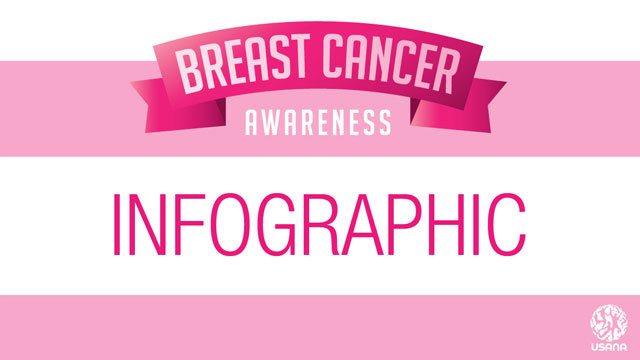An Extensive Overview Of How Breast Cancer Cells Surgery Influences Overall Therapy Strategies

Team Writer-Klavsen Fagan
When facing a bust cancer medical diagnosis, the choices made regarding surgical procedure can significantly affect the course of your therapy trip. From lumpectomies to mastectomies, each option sets the stage for the subsequent treatments you might undertake. visit the website between surgical choices and treatment plans explores a realm where precision and foresight are essential. Understanding this interaction is not just informative but can be equipping as you browse the intricacies of your cancer cells care.
Types of breast Cancer Surgical Procedures
When encountering breast cancer cells, recognizing the numerous types of surgeries readily available is vital for establishing the most ideal treatment plan. the breast cancer surgeon of surgical treatments for breast cancer cells consist of lumpectomy, mastectomy, and lymph node dissection.
A lumpectomy, also called breast-conserving surgery, includes getting rid of the tumor and a small amount of surrounding cells. This option is frequently taken into consideration for early-stage cancers cells where the goal is to protect as much of the breast as feasible.
On the other hand, a mastectomy includes eliminating the entire breast and is usually suggested for larger lumps or situations where the cancer cells has spread out throughout the breast.
Lymph node dissection is a treatment that involves eliminating lymph nodes to look for cancer spread. Recognizing the distinctions in between these surgical treatments and discussing them with your medical care group will certainly aid you make informed choices about your therapy plan. Each kind of surgical procedure includes its very own considerations and potential impact on follow-up therapies, so it's important to evaluate the advantages and disadvantages thoroughly.
Impact on Treatment Sequencing
Comprehending the influence of breast cancer surgery on treatment sequencing is necessary for establishing a detailed and effective strategy. Adhering to surgical procedure, the timing and order of succeeding therapies play a vital role in optimizing results. The sort of surgical treatment you undertake, whether it's a lumpectomy or mastectomy, can affect the series of treatments that adhere to.
Generally, surgeries like lumpectomies may be followed by radiation therapy, while mastectomies can bring about conversations regarding the need for added therapies like chemotherapy or hormonal agent treatment.
In addition, the extent of the surgical treatment and whether lymph nodes are affected can likewise impact the sequencing of treatments. For example, if lymph nodes are entailed, your healthcare team may advise chemotherapy before surgical treatment to shrink the tumor and reduce the threat of cancer spreading.
On the other hand, if lymph nodes aren't impacted, adjuvant therapies might be advised post-surgery to target any staying cancer cells.
Considerations for Post-Surgery Therapies
Thinking about the influence of breast cancer surgery on your treatment plan, post-surgery treatments play an important function in targeting any kind of staying cancer cells and lowering the risk of recurrence. These treatments, which frequently consist of chemotherapy, radiation, hormone treatment, or targeted treatment, goal to damage any kind of remaining cancer cells that may not have actually been eliminated throughout surgical treatment.
Radiation treatment, as an example, utilizes medications to eliminate cancer cells throughout the body, while radiation treatment especially targets the area where the tumor was gotten rid of. Hormone treatment is commonly used for hormone receptor-positive cancers cells to block hormonal agents that sustain cancer cells development. Targeted therapy, on the other hand, focuses on particular particles associated with cancer development.
Your healthcare group will certainly develop a tailored post-surgery treatment plan based upon numerous elements such as the stage and qualities of your cancer. Sticking to this strategy is essential to improving your chances of long-lasting survival and decreasing the chance of cancer recurrence. It is essential to interact honestly with your doctor regarding any worries or adverse effects you may experience throughout these post-surgery treatments.
Conclusion
To conclude, comprehending exactly how breast cancer surgical procedure influences treatment plans is vital for tailoring customized treatment and enhancing results. The type of surgery, degree of lymph node participation, and general therapy sequencing all play a significant function in determining the subsequent treatments required to reduce the risk of cancer cells reappearance. By thinking about these factors, doctor can create detailed treatment strategies that address the specific requirements of each person, causing far better general results.

